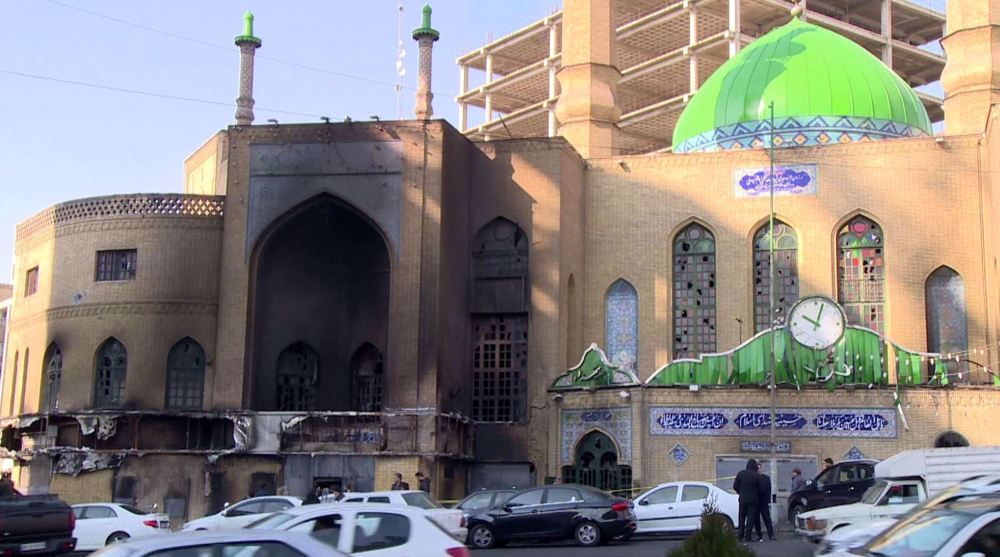Iran uses community sentences to curb incarceration rate
Yousef Jalali
Press TV, Tehran
Iranian judges have handed creative alternatives to imprisonment for lesser included crimes. Criminals charged with misdemeanors can now do community services instead of going to jail.
A movie director in Iran's province of Khorasan Razavi was sentenced to producing a documentary about the wildlife. He was convicted of poaching. Such sentences are now becoming a trend in Iran; they are called imprisonment alternative punishment or community sentencing. It is a form of punishment that a court can impose on a defendant other than a jail term. But judges in Iran have recently tapped into a new law that allows for more creative replacements for incarceration, with a focus on environment conservation activities such as tree-planting.
According to article 66 of Iran's Islamic Penal Code passed in 2013, the perpetrators of intentional crimes who face a maximum legal punishment from 91 days to 6 months, could be sentenced to prison alternative punishments.
This article applies to offenders who do not have criminal records, or more than five years have passed from their last sentence. It also applies to perpetrators of involuntary crimes, such as debtors.
And it has already worked. A convicted physician has recently been sentenced to free-of-charge treatment of 200 poor patients, and a tailor was required to work 270 hours to make clothes for the needy.
Experts say imprisonment of lesser criminals is counterproductive, since it allows them to mingle with serious criminals, who could change the course of their lives forever.
Judicial experts say alternative punishment is a win-win situation for the legal system, convicts and society. Misdemeanor offenders will avoid doing time, jails will be less crowded and society can benefit from free-of-charge professional services.
Zionist group intimidating pro-Palestine activists to close New York op
How Iran stands tall and mighty against world’s arrogant powers and their sinister plots
Iran files UN complaint over Trump’s remarks inciting violence, threats
Calm ‘restored’ across Iran after foreign-backed riots: FM Araghchi
Terror ringleaders in riots arrested as Iran's intel operations continue
Tear gas, death, denial: Trump’s ICE crackdown sparks nationwide uprising
Israel has demolished over 2,500 buildings in Gaza since ceasefire: Report
VIDEO | South Korea-Japan summit faces backlash in Seoul









 This makes it easy to access the Press TV website
This makes it easy to access the Press TV website